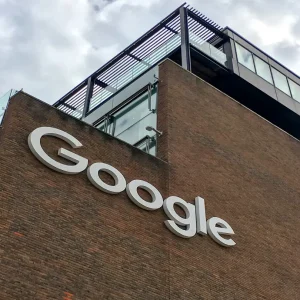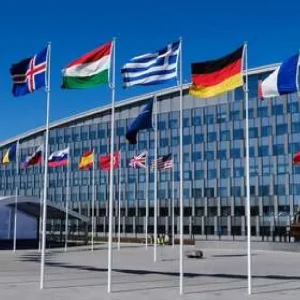
As part of the Energy Revolution Challenge, the UK Government has selected four UK companies to showcase emerging energy technologies.
The demonstrations aim to provide UK businesses with a clearer understanding of emerging smart energy systems that will help them to develop and engage with local clean energy growth.
The technologies presented will range from power systems augmented by machine learning, power storage on lithium ion batteries, to an interconnected system of 320 ground source heat pumps which are operated with community engagement.
Energy and Clean Growth Minister Claire Perry comment in a release that: “We are at the start of a green revolution, as we move to more digital, data-driven smart systems that will bring us cleaner and cheaper energy.”
“We’re excited to see how these businesses and project partners reveal how innovative tech, such as energy storage, heat networks and electric vehicles, can set us on the path to a smarter energy future.”
Emerging Energy Technologies
London-based Pivot Power LLP will work with Habitat Energy Limited, Kensa and the University of Oxford to develop the world’s first transmission-connected lithium ion and redox-flow hybrid battery.
They will also create a network of over 300 ground source heat pumps that will be operated using smart controls allowing the community to monitor the data, while also running machine learning analytics on it to better understand the community’s power consumption.
ReFLEX Orkney is tasked with demonstrating a first-of-its-kind Virtual Energy System that will interlink local transport, electricity and heat networks into one operating system.
The project is aiming to create a ‘smart energy island’ that will run on clean energy, reducing or completely eliminating local businesses reliance on fossil fuels.
“This will inform the creation of a peer-to-peer trading service and new business models that incentivise the consumption or storage of energy when generation is high, and encourage uptake of low carbon heating and transport,” the announcement notes.
Project Leo
Scottish and Southern Electricity Networks are the project lead on LEO which will undertake the creation of a Distribution System Operator (DSO) network to implement new energy across Oxford City.
The LEO project will build a community centric energy market that will exchange information with system operators to better control and manage the distribution of energy loads in the city.
“A data interface with the DSO will enable better active network management and visibility/forecasting of local constraints.”
Cloud Infinity Projects
Lastly Cloud Infinity Projects will work in West Sussex to create an integrated energy management system across private and council housing, which also incorporates local businesses and transport infrastructure.
This project will create a virtual power plant that will combine several platforms to monitor and respond to energy supply issues as they arise.
Rob Saunders, Deputy Challenge Director, Prospering from the Energy Revolution, UK Research and Innovation commented: “We all need energy systems that are cheaper, cleaner and consumer-friendly.”
“We have a great opportunity with these demonstrators to show just how innovation can deliver this energy ambition for the future. Supported by the Industrial Strategy Challenge Fund, these projects can drive investment, create high-quality jobs and grow companies with export potential.”






